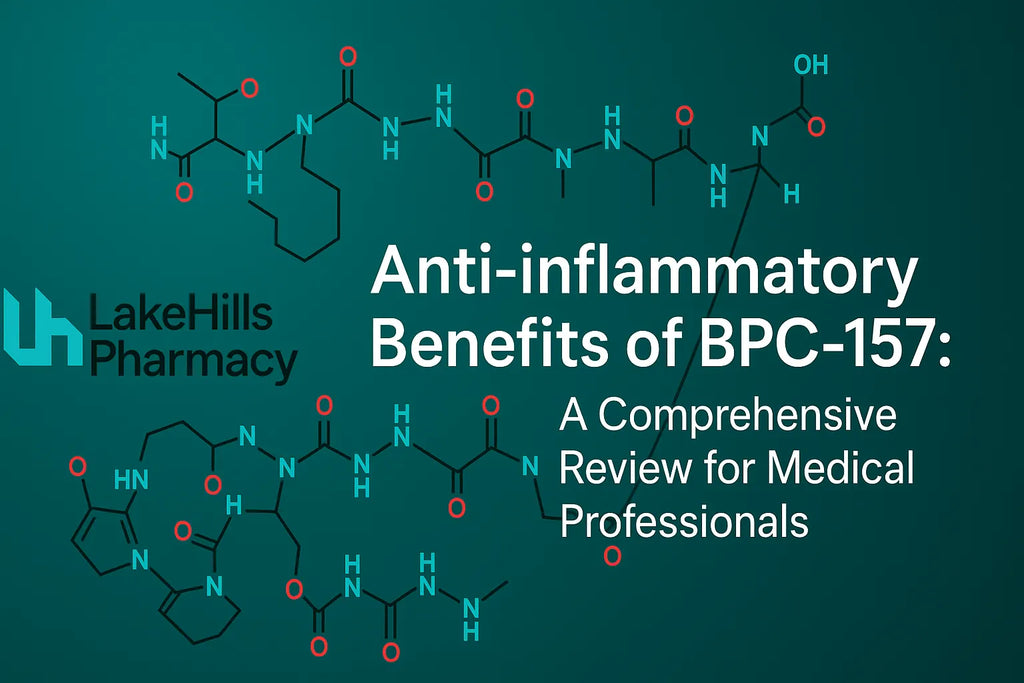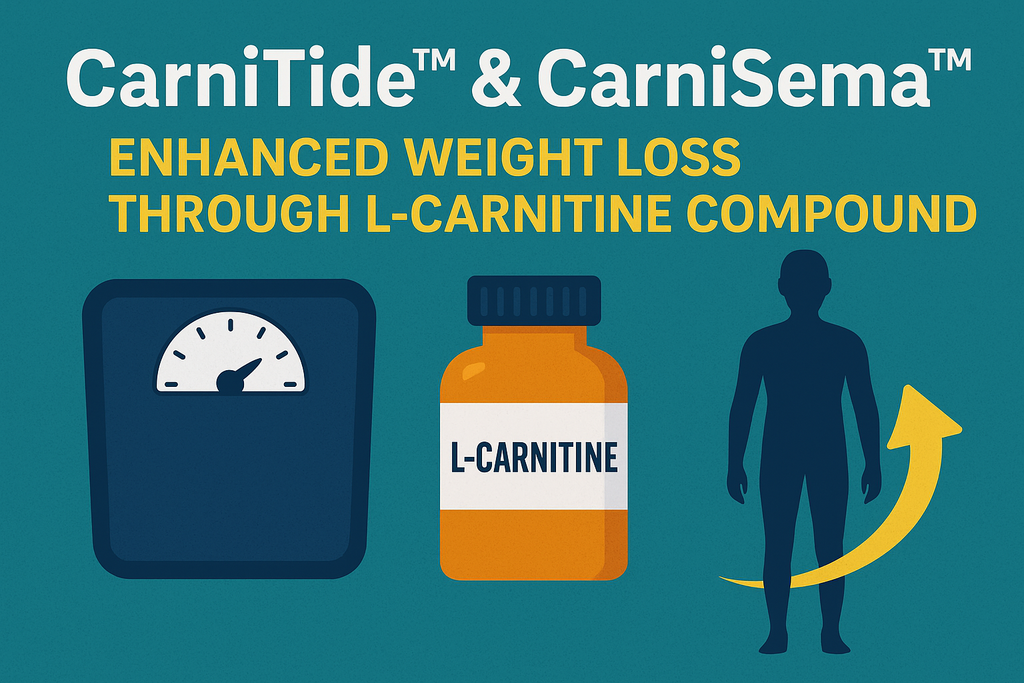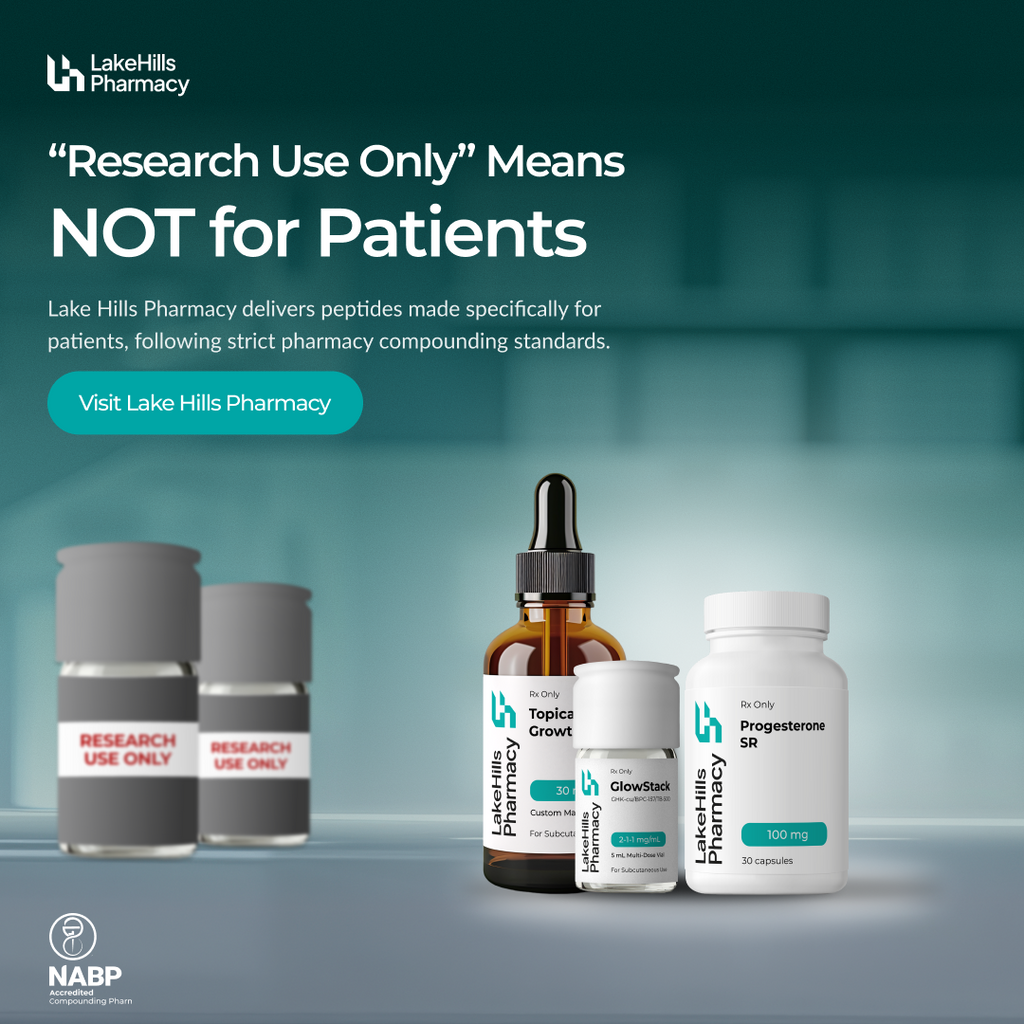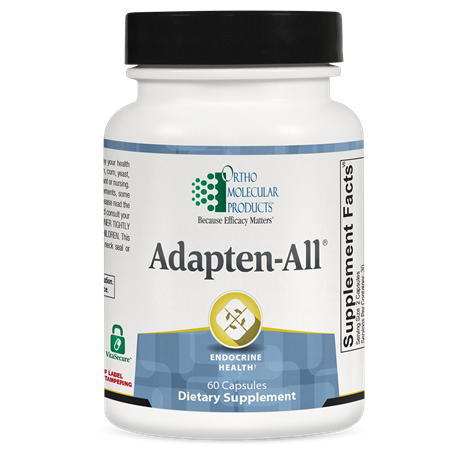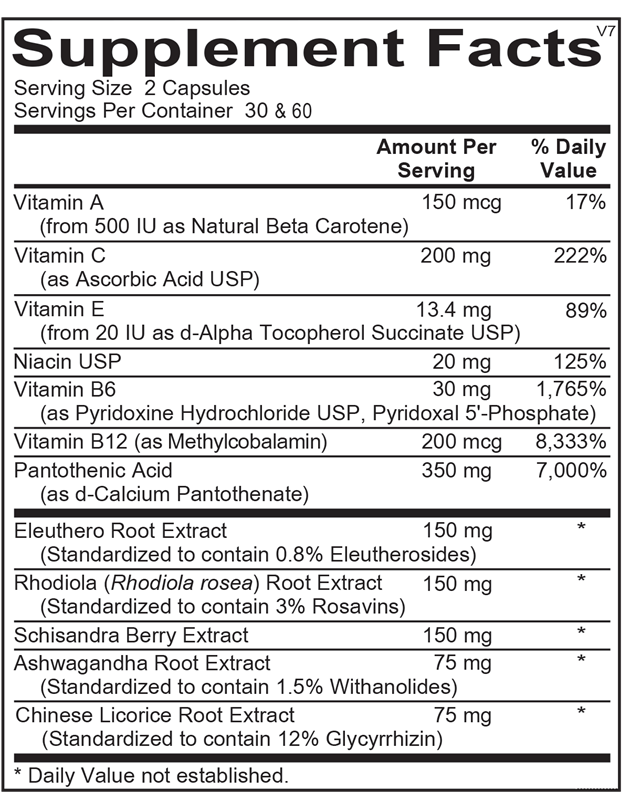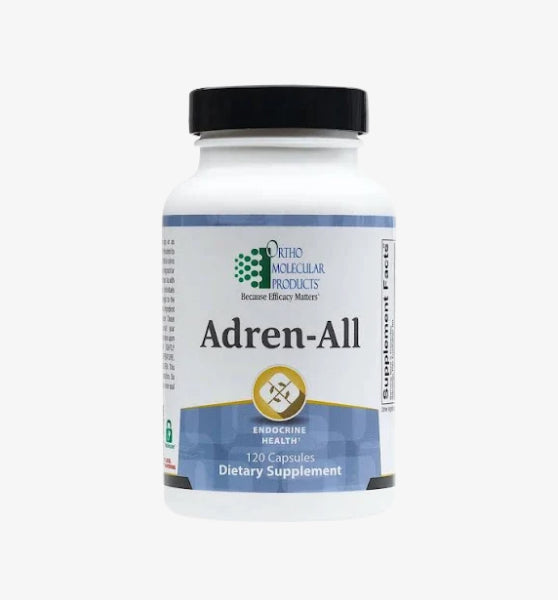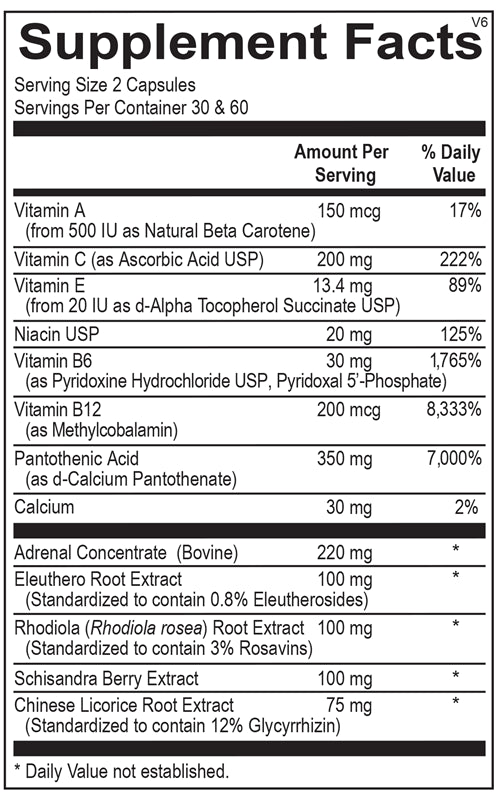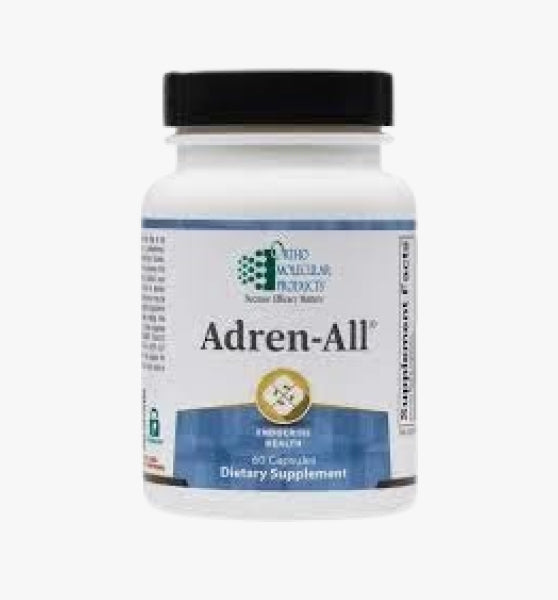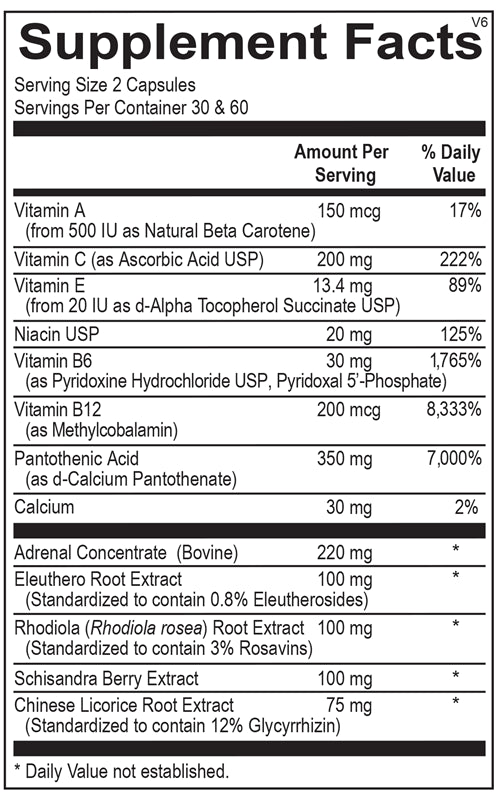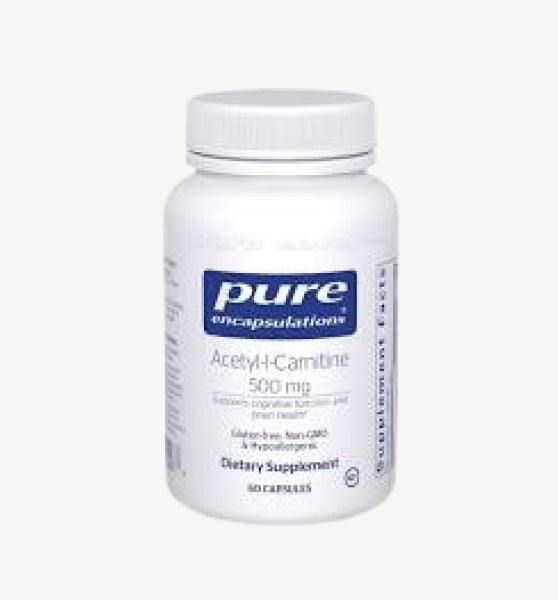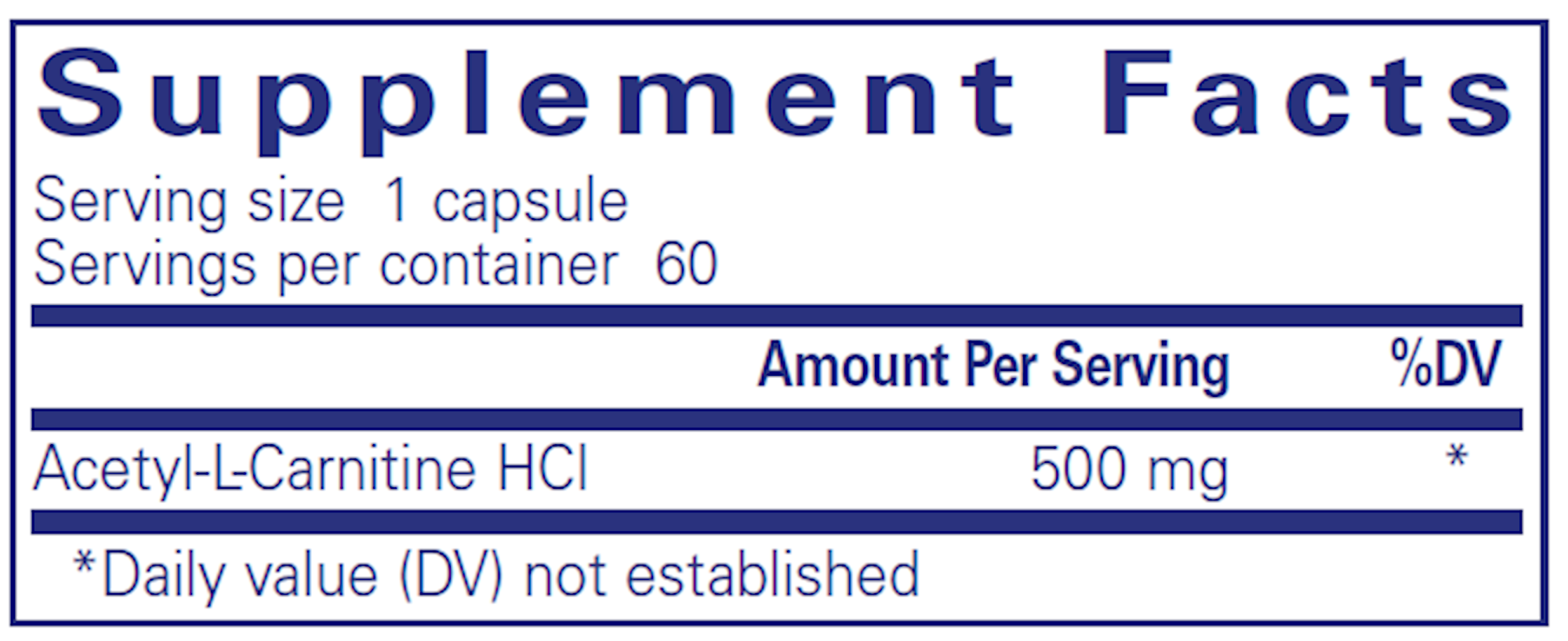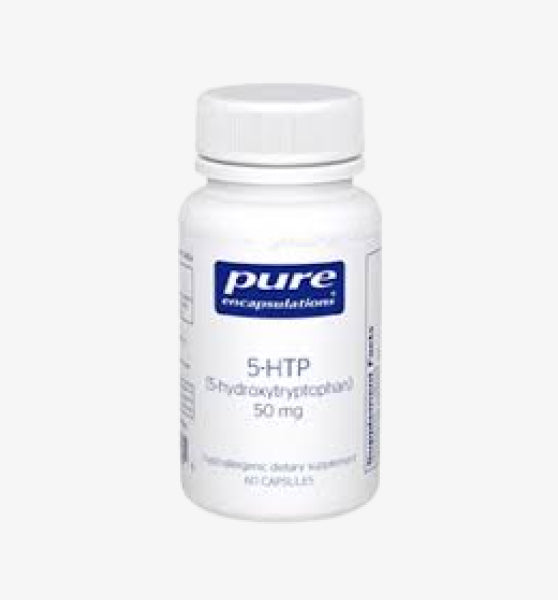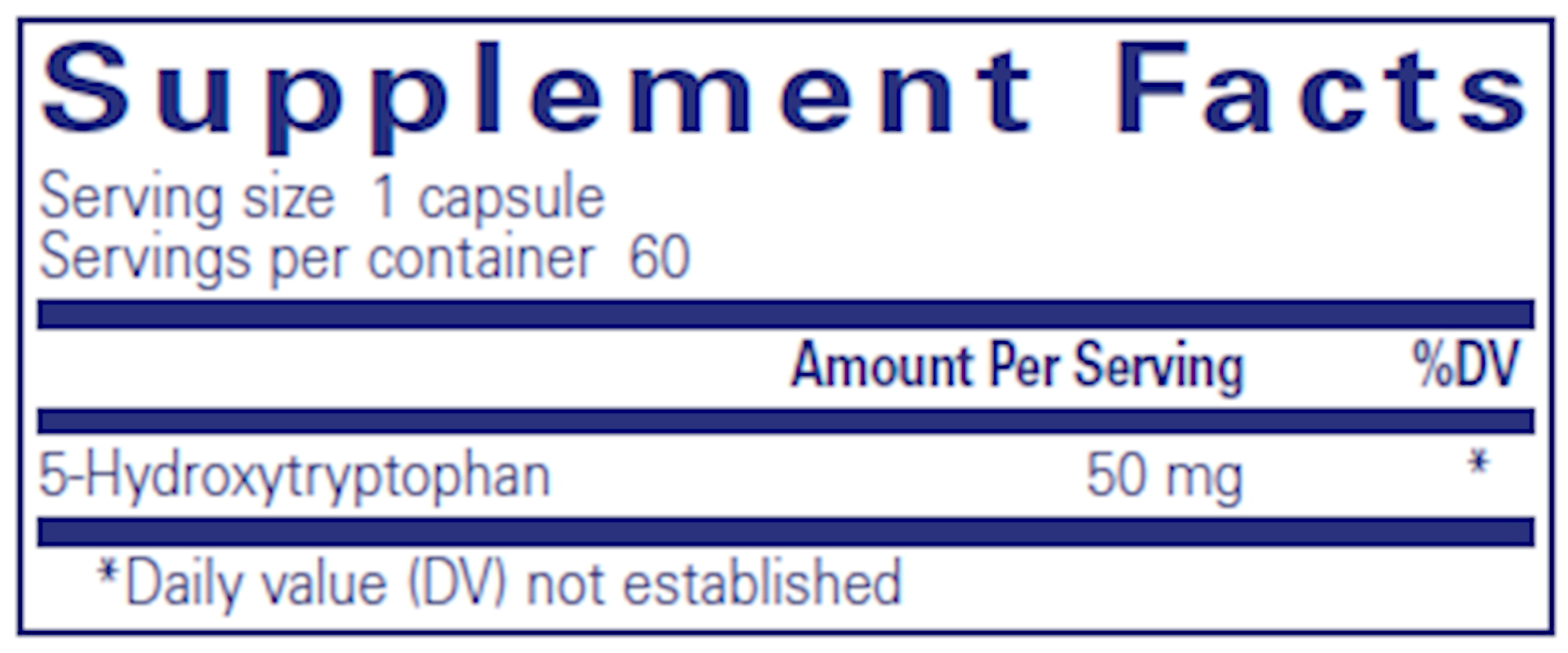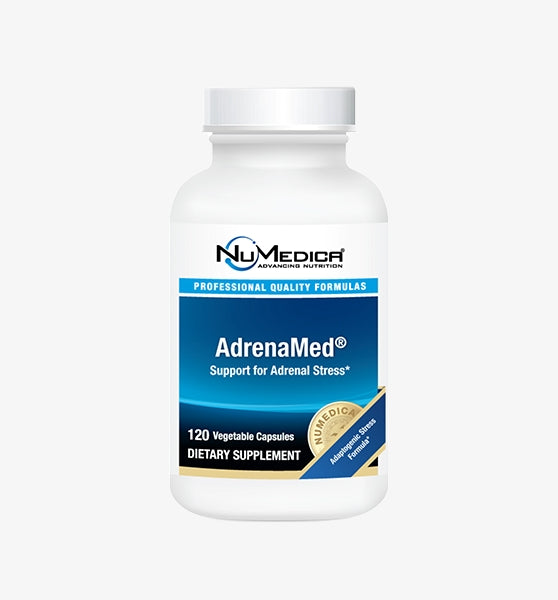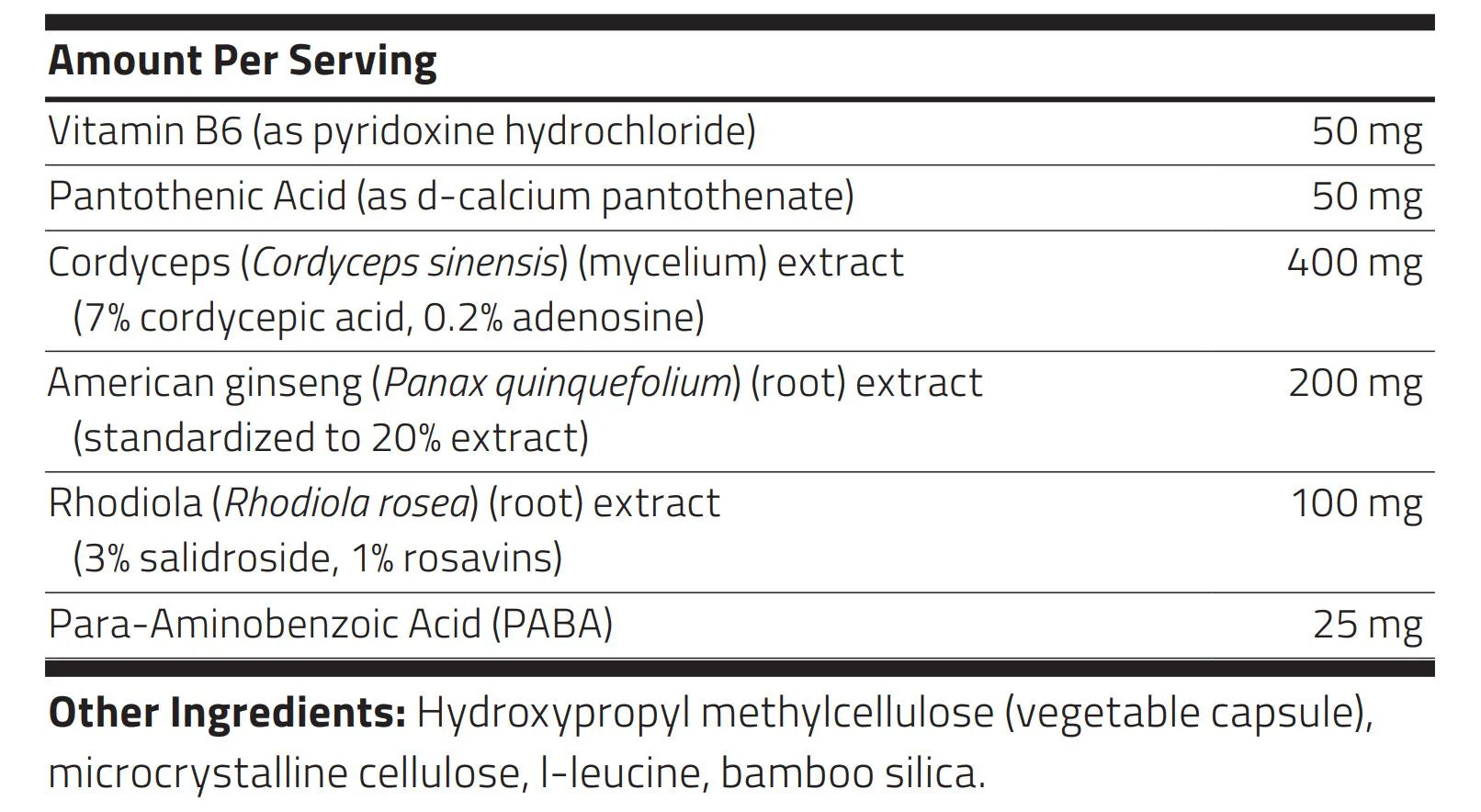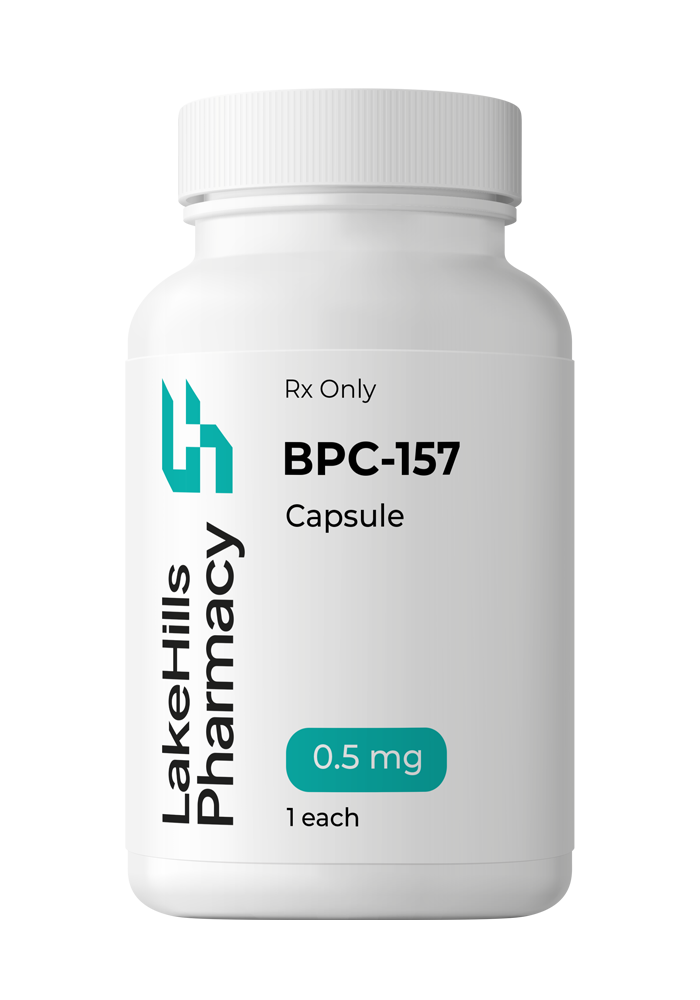
BPC-157 in Sports Medicine: Promise, Precaution, and the Need for Responsible Stewardship

BPC-157, short for Body Protective Compound-157, is generating intense buzz in the worlds of sports medicine and recovery. First identified in the early 1990s as a naturally occurring gastric peptide, BPC-157 is believed to help protect and repair tissues. Athletes and clinicians alike are increasingly curious about its potential to speed recovery from musculoskeletal injuries — but the science is still catching up.
A new systematic review published in the HSS Journal (2025) analyzed 36 studies on BPC-157 and found compelling preclinical evidence that it improves healing in muscle, tendon, ligament, and bone injuries, while also reducing inflammation . Despite this, BPC-157 remains unapproved by the FDA and is banned in professional sports.
What the Research Shows
The systematic review highlighted several important findings:
- Mechanism of Action: BPC-157 activates multiple healing pathways. It stimulates VEGF to promote new blood vessel growth, enhances growth hormone receptor expression, and upregulates pro-repair signaling cascades. It also dampens inflammatory cytokines such as IL-6 and TNF-α .
- Musculoskeletal Healing: In animal models, BPC-157 accelerated recovery of tendons, muscles, ligaments, and fractures — in some cases performing as well as bone grafts in nonunion fracture models .
- Human Evidence: Limited to one small retrospective knee pain study, where 7 of 12 patients reported sustained relief after a single BPC-157 injection .
-
Safety: Preclinical studies showed no acute toxicity across organ systems and no evidence of mutagenicity or teratogenicity . However, human safety remains largely unstudied.

The FDA’s Stance — and Why It Misses the Mark
In 2023, the FDA classified BPC-157 as a Category 2 bulk drug substance, meaning it “raises significant safety concerns.” The agency specifically cited risks of immunogenicity, peptide-related impurities, and lack of sufficient safety data for human use .
Here’s the problem: these concerns are not about BPC-157’s demonstrated effects in studies — they are about the quality of raw materials on the open market. The FDA’s own language makes it clear:
“Compounded drugs containing BPC-157 may pose risk for immunogenicity … and may have complexities with regard to peptide-related impurities and API characterization.”
In plain terms, the FDA is worried about shady, unregulated “research-use-only” peptides sold online — not about what happens when BPC-157 is responsibly compounded, tested for purity, and dispensed under medical supervision.
The Wild West vs. Responsible Stewardship
Right now, the peptide marketplace is a wild west:
- Patients are ordering BPC-157 from shady websites that sell “research chemicals” with no oversight.
- These products often lack sterility testing, potency verification, and endotoxin screening.
- Impurities, contaminants, and mislabeled APIs are rampant.
And yet, patients are flocking to these sources because demand is surging. Google searches for BPC-157 hit an all-time high in 2024, with millions of social media views and massive online discussion communities .
This is exactly backwards. Instead of forcing people to roll the dice on unsafe gray-market peptides, we should be providing regulated, pharmacy-compounded versions that are:
- Sterile and pure, verified by validated testing.
- Clinically supervised, with lab monitoring (VEGF, IGF-1, inflammatory markers) to assess outcomes.
- Dispensed responsibly, with boundaries — such as limiting use to short courses (no more than 90 days) for acute injury recovery until more research is available.
Why This Matters
BPC-157 is too promising to leave in the shadows. The preclinical data strongly support its regenerative potential. And while human trials are still limited, the risks FDA cites are risks of the supply chain, not the science.
It makes no logical sense to allow an unregulated online market to thrive while discouraging responsible clinical use. As healthcare providers, we should be stewards of innovation — ensuring patients have access to safe, pure, and clinically monitored peptides, rather than leaving them to gamble with their health on the internet.
Final Word
BPC-157 may well prove to be one of the most important tools in sports medicine and regenerative care. But its future depends on responsible adoption. At Lake Hills Pharmacy, we believe:
- Patients deserve safe, clean products, not contaminated powders from overseas.
- Providers must use evidence-based monitoring when offering peptides.
- Innovation requires courage and responsibility — moving beyond fear-based restrictions and into structured, supervised research and care.
The choice is clear: either let the “wild west” continue, or step up as responsible stewards to study, monitor, and provide BPC-157 in the best interest of patients.




